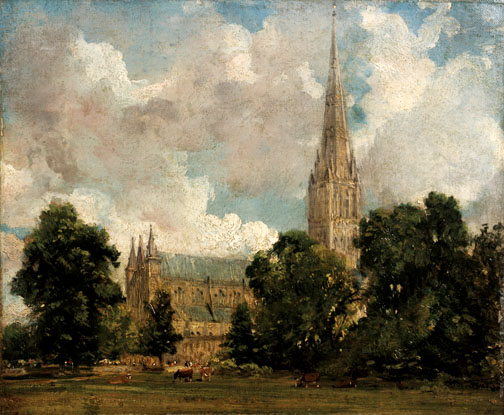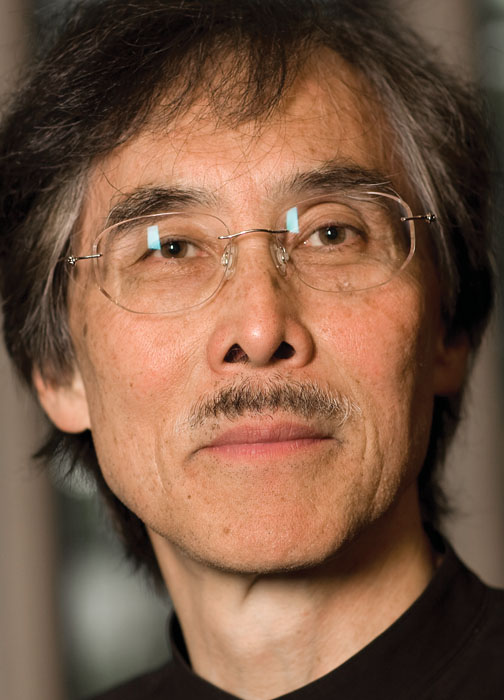In Brief
MIKE MULLEN, former chairman of the Joint Chiefs of Staff, will teach an undergraduate seminar on U.S. military, diplomacy, and international affairs as a visiting professor at the Woodrow Wilson School this fall. Mullen, a retired admiral, served four years as the highest-ranking U.S. military officer before retiring in September.
ANNE CASE *83 *88, professor of economics and public affairs, will become interim dean of the Woodrow Wilson School July 1, when Dean Christina Paxson assumes her new position as president of Brown University. Case, a member of the faculty since 1990, is associate chairwoman of the economics department and the director of the Wilson School’s Research Program in Development Studies.
“Salisbury Cathedral from the South West,” above, is one of 85 paintings, oil sketches, watercolors, and drawings by the English landscape painter JOHN CONSTABLE in a Princeton University Art Museum exhibition on view through June 10. The show traces the evolution of Constable’s painting style, describing him as the first artist to focus extensively on painting outdoors.
Computer scientist SANJEEV ARORA will receive the 2011 Foundation Award in the Computing Sciences from the Association for Computing Machinery (ACM) and Infosys Foundation. The award, which includes a $175,000 prize, recognizes computing innovations by young scientists. Arora’s research has made it easier to crack previously unsolvable computing problems, the ACM said.
IN MEMORIAM RICHARD OKADA, professor of East Asian studies, died April 4 in Monmouth Junction, N.J. He was 66 and had served on the faculty since 1985. Okada was an authority on The Tale of Genji, an 11th-century Japanese work that is sometimes called the first modern novel, and he also studied modern Japanese culture. Professor Benjamin Elman, chairman of the East Asian studies department, said Okada was “one of the forerunners of applying contemporary literary theory to the study of Japanese literature.” Okada received a graduate mentoring award in 2008.















1 Response
Chris Sedgwick ’07
10 Years AgoOkada mourned as mentor
I was heartbroken to learn about the loss of Professor Richard Okada of the East Asian studies department (Campus Notebook, May 16). He was an intellectual idol for me and, I suspect, for countless others around him.
I had the honor and good fortune to have Professor Okada as my senior-thesis adviser. He challenged me to think harder and to be brave in my assertions in order to create something personal and unique — a series of Japanese film analyses, in my case. Thanks to his guidance and intellectual example, I won a departmental thesis award and, more importantly, I was able to write something I was truly proud of.
Aside from his kindness, what struck me most about Professor Okada was the span of his interests, from the ancient to the modern, from literature to ecology and cultural studies. When I went back to visit in 2009, we talked about scholarship he was working on in advance of the 1,000th anniversary of the classical Tale of Genji, and also about our favorite new Japanese reggae groups and the newest films by Hayao Miyazaki and Studio Ghibli. In this sense, he was both a rare friend who shared many of my contemporary Japanese cultural interests and an academic mentor whose intellect was always deeply inspiring.
I like to remember Professor Okada in his sanctuary in Jones Hall, where we last met in person. As we chatted, he was surrounded by books and also, it seemed to me, by ideas and intellectual excitement. It seems inconceivable that he is gone now.